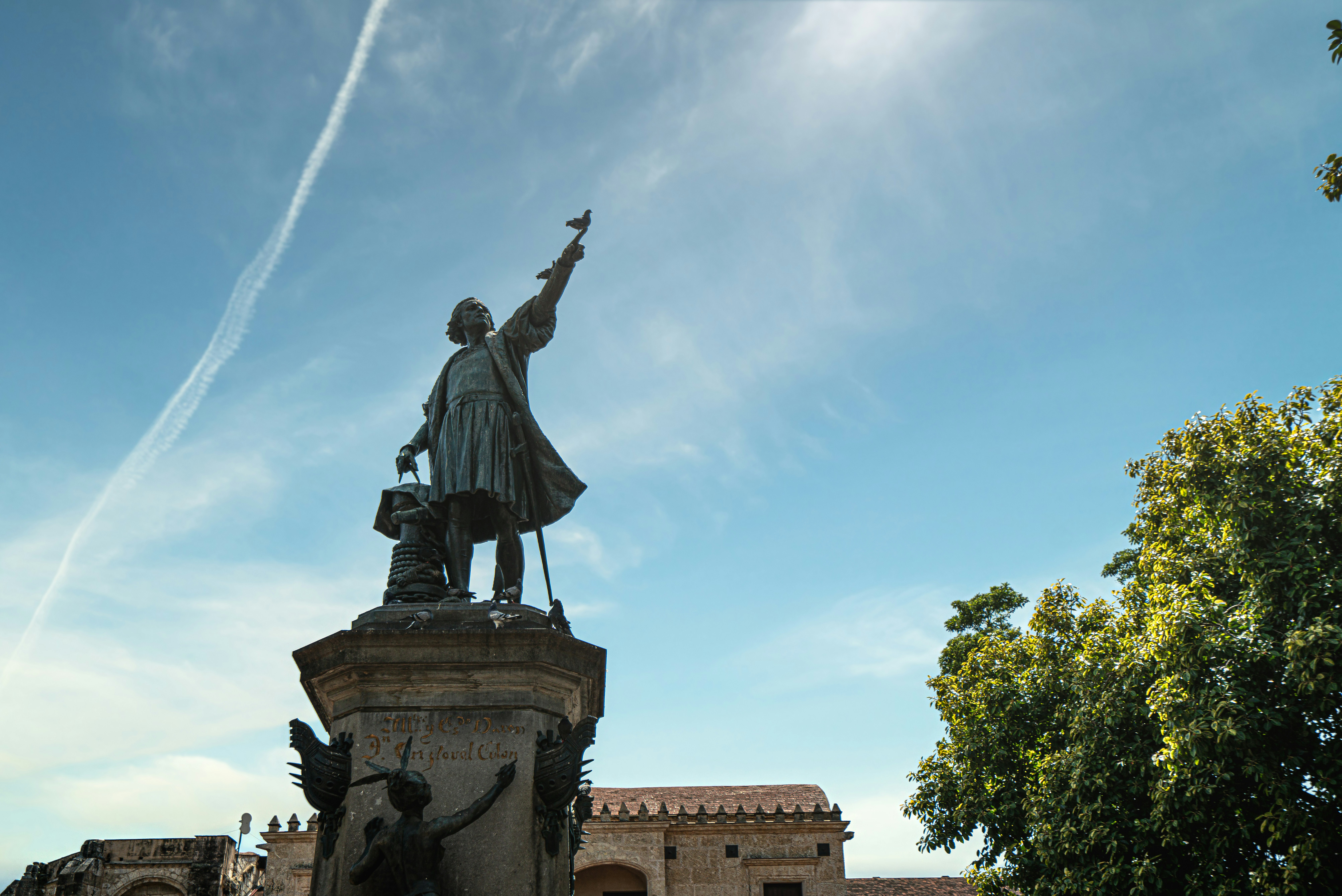
In the twenty-fifth episode of the “Saturdays at Seven” conversation series, Todd Ream talks with Edgardo Colón-Emeric, the Irene and William McCutchen Professor of Reconciliation and Theology, the Director of the Center for Reconciliation, and Dean of the Divinity School at Duke University. Colón-Emeric opens by recounting how he was called to the ministry and how that calling eventually came to include service on the faculty at Duke University as well as providing theological education in El Salvador, Guatemala, Peru, and Russia. Ream then asks Colón-Emeric to unpack his theological understanding of reconciliation, how that understanding was formed by his study of Óscar Romero, and how to discern the varied relationships reconciliation and culture share. They then close their conversation by discussing Colón-Emeric’s understanding of the Christian academic vocation, how such an understanding is expressed by the leadership he offers the Divinity School at Duke University, and the unique position the Divinity School has in cultivating a theological appreciation of the professions including medicine, law, and business.



















